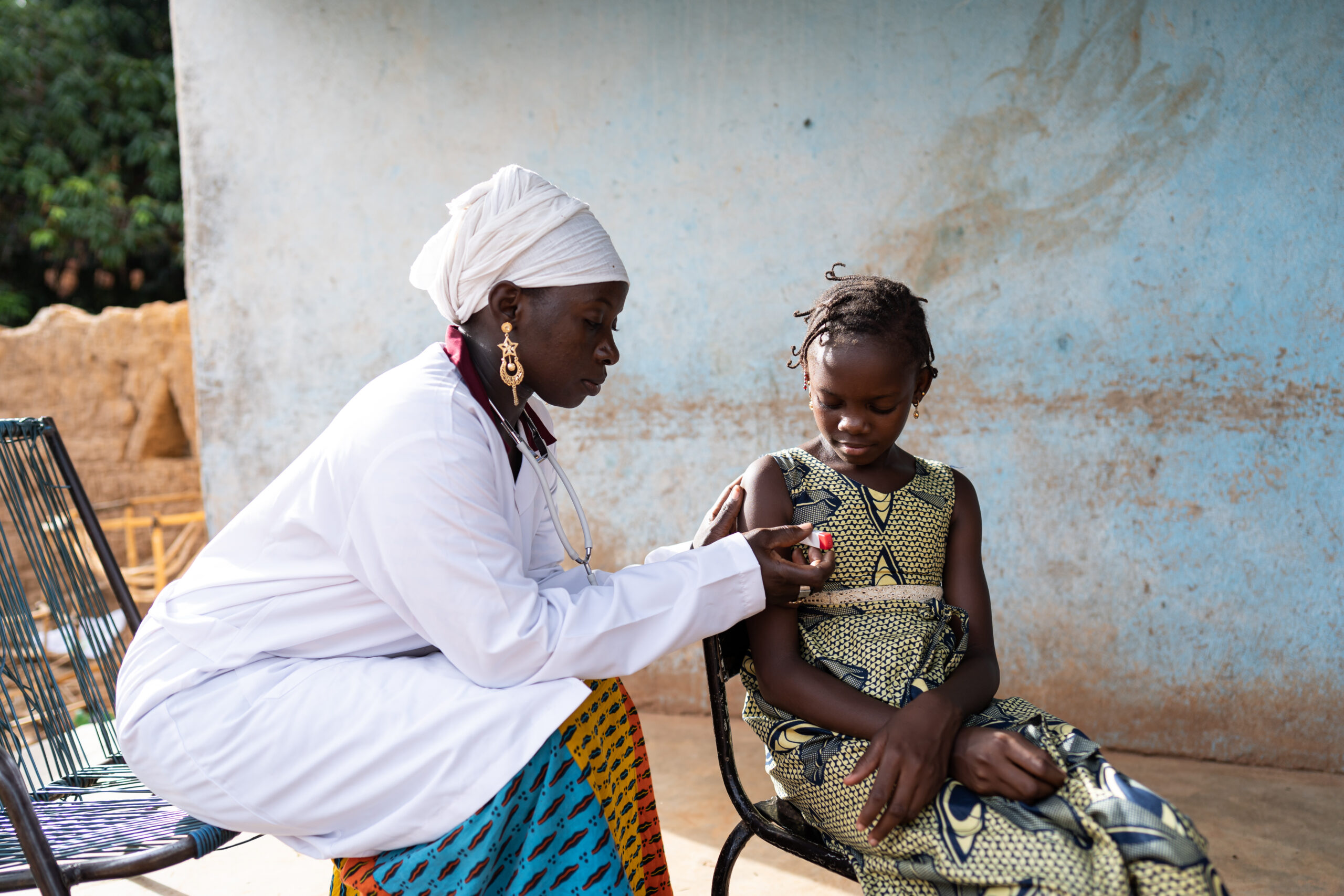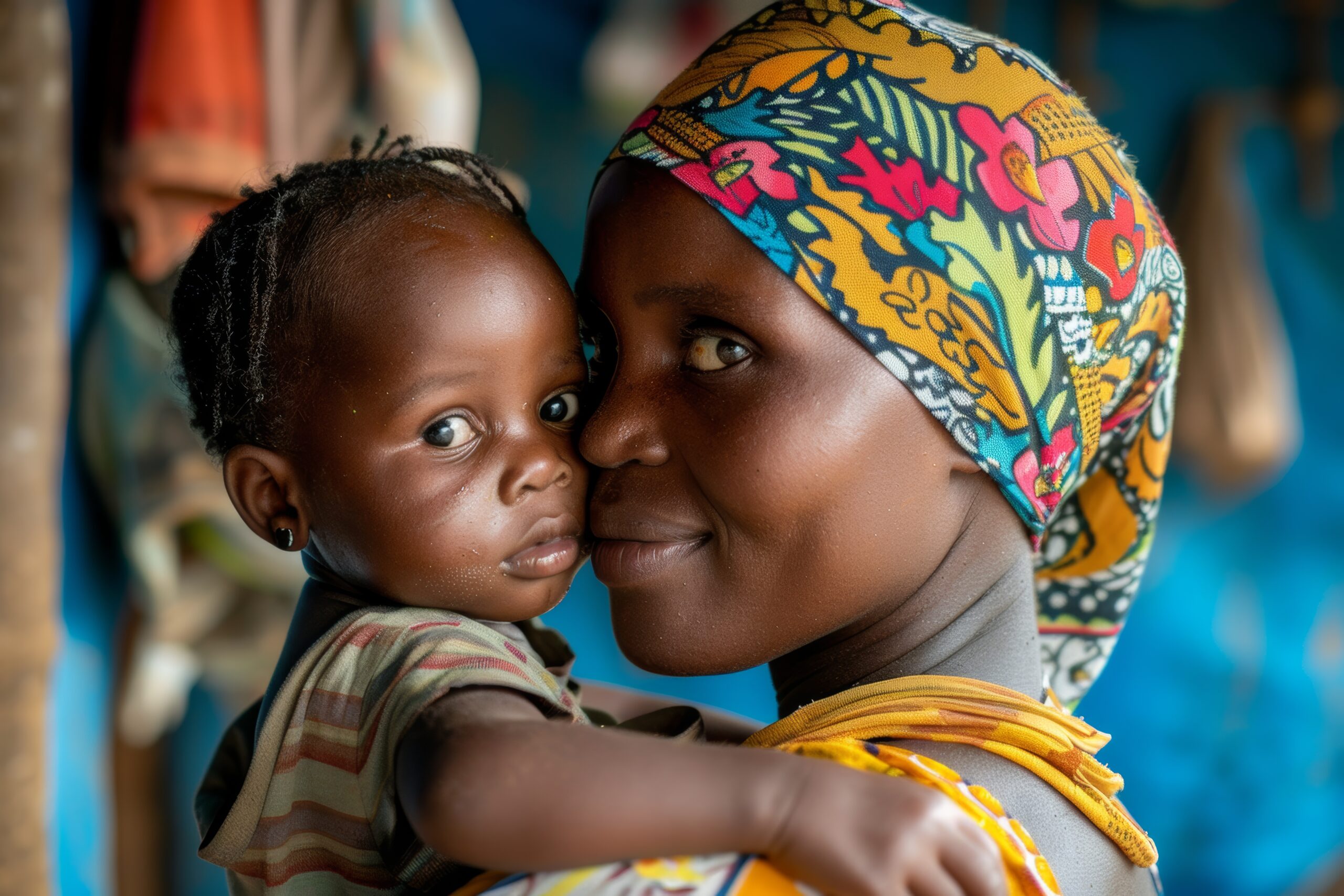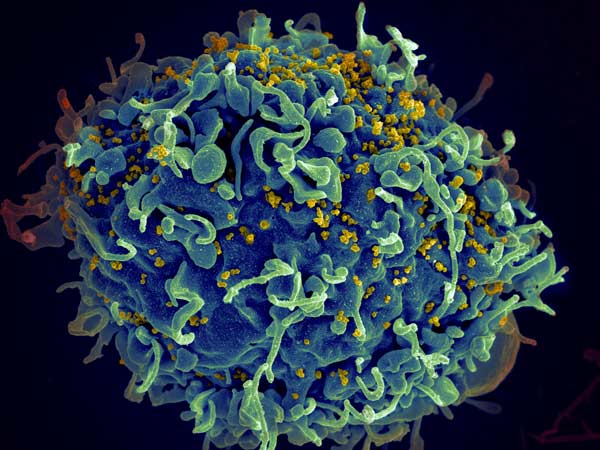Nutrition and Global Health Research and Training Program
The Nutrition and Global Health Research and Training Program is dedicated to scientific research, teaching, collaborative work, and training in nutrition and global health. Our program takes an interdisciplinary approach to teaching and conducting research about global health issues, with a special emphasis on concerns pertaining to low-and middle-income countries (LMICs).
665 Huntington Ave.,
Building 1, Floor 11
Boston, MA 02115
About the Nutrition and Global Health Program Research Projects
Explore our ongoing research projects focused on improving nutrition and global health. Discover our innovative approaches, key findings, and the impact of our work on global well-being. Whether you’re a researcher, policymaker, or simply interested in global health, you’ll find valuable insights and updates on our initiatives and their contributions to enhancing global health and nutrition worldwide.

Adolescent Health
Our adolescent health projects focus on understanding and improving the health and well-being of adolescents globally. These projects cover key areas such as mental health, nutrition, physical activity, and preventative care. We aim to identify the unique challenges faced by adolescents and develop effective strategies to address them, ultimately promoting healthier lifestyles and better health outcomes for young people worldwide.
Project Dates: 05/01/2022 – 04/30/2024
Principal Investigator: Wafaie Fawzi
The major goals of this project are to develop a digital nutrition platform to address the double burden of malnutrition and food insecurity among adolescents in Tanzania. Using theoretical underpinnings, the intervention development will address three core areas of action, including access to information, skills development, and creating an environment to support behavior change. A variety of core interventions will be implemented for all stakeholders and targeted activities for at risk adolescents and their parents. An intervention development taskforce comprising a range of stakeholders including students, school leaders, teachers, and parents will create this digital intervention based on human-centered design principles. Through a series of designing workshops, we will create an intervention that is valuable to all stakeholders as well as feasible. An innovative nutrition intervention powered by digital technology will benefit adolescents in Tanzania and other developing countries.
Project Dates: 06/01/2020 – 05/31/2024
Principal Investigator: Wafaie Fawzi
This study aims to implement and evaluate school-based micronutrient supplementation and educational interventions to improve adolescent nutrition, health, and education in Tanzania and Burkina Faso. Using a cluster randomized trial, the study will evaluate a scalable school-based micronutrient supplementation and education program for boys and girls enrolled in secondary school, comparing effects of weekly iron and folic acid (IFA) vs control or daily multiple micronutrient supplements (MMS) vs control on anemia status, school attendance/performance, adolescent development outcomes and micronutrient status. Findings from this study will clarify the optimal supplementation strategy (iron and folic acid alone or adding other essential nutrients) and provide a basis for scale up of national school-based micronutrient supplementation programs to benefit the adolescent population as a whole in Tanzania and Burkina Faso. The study is currently in its last phase.
Project Dates: 01/01/2023 – 12/31/2026
Principal Investigator (at Harvard Chan): Wafaie Fawzi
The major goals of this project are to establish a global alliance to prevent and reduce nutrition-related NCDs among adolescents and youth in the wider SSA region, by promoting nutrition literacy and fluency among adolescents, youth, and the wider communities, by assessing the impact and performance of nutrition-related policies and promotion programs, and by providing flexible, cost-effective, scalable, reliable, secure and easy-to-use tools.
Read more about the ARISE NUTRINT project here.
Project Dates: 01/01/2024-12/31/2027
Principal Investigator: Sachin Shinde
The major goal of this project is to implement and evaluate a sustainable health intervention program on health, nutrition, and environmental outcomes for the primary prevention of adolescent obesity and other related noncommunicable diseases (NCDs) together with adolescents in three rapidly urbanizing cities in Burkina Faso, Kenya, Tanzania.
Project Dates: 03/01/2023 – 02/29/2028
Principal Investigator (at Harvard Chan): Wafaie Fawzi
The major goals of this project are to boost adolescent health in Sub-Saharan Africa through rigorous population-based intervention and policy research. This will be accomplished through the efficient collection and use of relevant adolescent health data, and the employment of robust quantitative and qualitative methods with local domain-specific expert knowledge on the health domains nutrition & physical activity, sexual & reproductive health, and mental health & violence. In addition to the research plan, DASH also focuses on strengthening capacity and networking across Sub Saharan Africa, with a range of activities planned over the five-year project period.
Read more about the DASH project here.

Maternal & Child Health
Our maternal and child health projects focus on improving the health and well-being of mothers and children. We research key areas such as nutrition, prenatal care, early childhood development, and disease prevention. By identifying effective interventions and strategies, we aim to enhance health outcomes for both mothers and children, ensuring a healthier future for families worldwide.
Project Dates: 09/10/2020 – 03/31/2024
Principal Investigator: Wafaie Fawzi
We have recently completed the first phase of this effort, during which over 50 studies globally contributed their data. Phase 1 focused on preliminarily describing the geographic distribution of GWG using cross-sectional data, assessing determinants and outcomes of GWG, and investigating the impact of antenatal multiple micronutrient supplements and small-quantity lipid-based nutrient supplements on GWG, in LMICs.
We are now in the next phase of this effort, during which we are aiming to:
- Characterize the geographic distributions of GWG in LMICs;
- Identify dietary and psychosocial predictors of GWG in LMICs;
- Evaluate the impact of antenatal balanced energy and protein supplementation as well as antenatal anti-infectious agents on GWG in LMICs;
- Examine the associations of GWG with postpartum maternal and child outcomes in LMICs; and
- Develop globally applicable GWG reference charts and recommended ranges for GWG.
Project Dates: 10/31/2022 – 04/30/2024
Principal Investigator: Wafaie Fawzi
The major goals of this project are to inform both MNCH and Family Planning strategic priorities in better understanding the biological links between family planning and anemia as well as opportunities for integrated intervention. It will help answer the question within the Maternal Anemia Body of Work of: How do we scale-up effective coverage of anemia prevention packages (nutritional supplementation, infection control, screening, and referral) into routine service delivery?
Project Dates: 06/03/2022 – 03/31/2025
Principal Investigator: Goodarz Danaei
The major goals of this project are to inform evidence-based action against the double-burden of malnutrition in low- and middle-income populations by quantifying the impact of select nutritional interventions on intergenerational outcomes especially related to non-communicable disease in offspring in LMICs.
Project Dates: 11/17/2021 – 05/14/2025
Principal Investigator: Wafaie Fawzi
The purpose of this two-aim project is to 1) Aim 1: conduct a secondary analysis using stored maternal and infant biospecimens (plasma and breast milk) from a previous randomized controlled trial in Tanzania to examine the impacts of maternal micronutrient supplements during pregnancy and lactation on maternal and infant B-vitamin status; and 2) Aim 2: conduct a systematic review and meta-analysis on the impacts of maternal vitamin supplementation on maternal and infant nutritional status. The findings of this work will inform the design of future nutrition interventions among women of reproductive age in resource-limited settings.
Project Dates: 11/14/2022 – 06/30/2025
Principal Investigator: Wafaie Fawzi
The major goals of this project are to support secondary analyses of the low dose CA data to inform definitions of PE and provide evidence for counseling for its management in low resource settings by: Evaluating prevalence and risk factors for PE subtypes (early onset PE, PE with severe features, PE co-presenting with chronic hypertensions) overall and by site and evaluate associations between PE subtype and adverse pregnancy outcomes.
Project Dates: 10/15/2017 – 06/30/2025
Principal Investigator: Wafaie Fawzi
The objective of this study is to generate causal evidence for decision-making on the potential non-inferiority of a lower dose of calcium in preventing preeclampsia and preterm birth and to understand the acceptability, uptake, and adherence to the WHO recommended 1500 mg calcium supplementation among pregnant women in Tanzania and India. We will conduct two, parallel individually randomized, double blind trials in Bangalore, India and Dar es Salaam, Tanzania. Each woman will be randomized to either standard dose (1500 mg) or low dose (500 mg) calcium supplementation. The primary outcomes of the study are: i) preeclampsia, ii) preterm birth. A parallel, mixed-methods implementation cohort study will also be conducted at one additional health facility in each country to assess the barriers and enablers of health system implementation and individual acceptability and compliance of the WHO-recommended 1500 mg calcium supplementation regimen.
Project Dates: 10/31/2022 – 09/30/2025
Principal Investigator: Christopher Sudfeld
The overall project goal is to assess the non-inferiority of multiple micronutrient supplements (MMS) containing 30 mg and 45 mg iron as compared to MMS containing 60 mg iron on maternal, fetal, and infant health outcomes in Tanzania.
Project Dates: 07/26/2022 – 12/31/2025
Principal Investigator: Wafaie Fawzi
The study will address critical implementation questions regarding how to effectively target and deliver balanced energy protein supplements (BEP) to malnourished pregnant women. The results of this research will inform global recommendations and operational guidelines for BEP delivery.
Given the significant gaps on the most acceptable and cost-effective way to scale up antenatal balanced energy protein supplements (BEP) supplements in resource-limited settings, we propose an effectiveness study in Ethiopia to evaluate the effectiveness, cost-effectiveness, and implementational aspects of different targeting strategies of providing antenatal BEP supplements. The study will cover the population-based targeting approach recommended by the WHO and individual-based targeting approaches, including a novel approach based on the iterative evaluation of gestational weight gain during pregnancy.
Project Dates: 11/15/2021-11/30/2026
Principal Investigator: Sheila Isanaka
The purpose of this grant is to evaluate the efficacy of microbiome-directed complementary foods as compared to standard ready-to-use supplemental or therapeutic foods (RUSF/RUTF) on 12-week recovery and 24- week sustained recovery for children with moderate acute malnutrition and severe acute malnutrition. The trial will also evaluate the effect of the MDCF on the microbiome and important immune biomarkers.
Project Dates: 01/01/2024 – 12/31/2026
Principal Investigator: Wafaie Fawzi
The overall aim of this study is to determine the effect of nutritional supplementation plus intensive breastfeeding support compared with intensive breastfeeding support alone on mortality, morbidity and growth in infants aged 0-6 months with growth faltering in low resource settings in South Asia and Sub-Saharan Africa.

Infectious Diseases
Our infectious disease projects examine the interplay between nutrition, maternal and child health, and infectious diseases. We investigate how nutritional status affects susceptibility to infections and outcomes, aiming to develop interventions that improve health and reduce disease burden. Our work focuses on understanding and mitigating the impact of infectious diseases to enhance global health.
Project Dates: 5/25/2020 – 06/30/2024
Principal Investigator: Christopher Sudfeld
The purpose of the project is to generate knowledge that will determine if it is possible to hospitalize only young infants with PSBI who need hospitalization and treat the others on an outpatient basis. In addition, the research will determine whether young infants with high-risk CSI who need hospitalization but improve early can be discharged early. These objectives will be completed through two trials, one among infants 0-59 days with low-mortality risk sign of CSI and one among infants -59 days with high- mortality risk sign of CSI.
This seven site randomized trial (Tanzania, Ethiopia, Nigeria, India, Pakistan, Bangladesh) coordinated by WHO will consist of two trials and an observational cohort. The first trial will examine the effect of hospital or outpatient treatment on mortality of young infants (1-59 days of age) with low-risk signs of clinical severe infection (CSI). The second trial will examine standard in-hospital care versus early discharge after 48 hours of treatment for young infants with high-mortality risk signs of CSI that resolve by 48 hours and have a negative CRP test. The project will also include a cohort of infants with critical illness who are not able to be randomized to home care. This study will inform WHO treatment guideli
Project Dates: 02/17/2023 – 01/31/2028
Principal Investigator: Christopher Sudfeld
The overall project goal is to investigate zinc supplementation in combination with standard antibiotic therapy as a simple, low-cost, and readily available intervention to improve survival and treatment outcomes for Tanzanian young infants hospitalized with ‘clinical severe infection’ as defined by WHO IMCI criteria. To meet these goals, we propose to conduct a ‘gold standard’ randomized, double-blind, placebo-controlled trial of zinc supplementation in Dar es Salaam, Tanzania.

Food Systems & Planetary Health
Our projects on food systems and planetary health explore the connections between agriculture, nutrition, and environmental sustainability. We aim to develop solutions that promote healthy diets while protecting the planet. By studying sustainable farming practices, food security, and the environmental impacts of food production, we strive to create a healthier future for both people and the planet.
Project Dates: 01/01/2020 – 01/31/2024
Principal Investigator: Wafaie Fawzi
The Meals, Education, and Gardens for In-School Adolescents (MEGA) Project aims to implement and evaluate a comprehensive, school-based nutrition intervention package among secondary schools in Dodoma, Tanzania using a cluster randomized design and mixed methods evaluation. The intervention included four primary components: (1) school garden, (2) school meal program, (3) agriculture, nutrition, and water, sanitation, and hygiene (WASH) education, and (4) community workshops.
The goal of the MEGA project is to study the effects of the integrated intervention on the nutrition and health of adolescents and their families in Tanzania. Ultimately, we aim to use the findings from this study to inform the scale-up of future school and community-based interventions to improve nutrition through training, improved crop production, and increased consumption of vegetables.
Project Dates: 04/07/2022 – 08/31/2026
Principal Investigator: Wafaie Fawzi
The Feed the Future Innovation Lab for Food Systems for Nutrition will design, lead and implement a program of nutrition-sensitive food system research and capacity building aimed at addressing the opportunities and challenges with the role of food systems in inclusive economic growth, nutrition, food safety, agriculture, gender-sensitive and youth inclusive development and resilience. The Food Systems for Nutrition Innovation Lab is broadly expected to help implement and communicate impact pathways from nutrition-sensitive food systems research to development outcomes through partnerships with USAID Mission-supported value chain programs, national partners, private companies and associations, community-based organizations and other donors and their programs. The Innovation Lab will deliver on this vision by a) strengthening the capacities of select country and regional research institutions to undertake research that is relevant and sound, to communicate findings in ways that are more likely to influence government partners, policymakers and practitioners, while b) implementing an integrated country, regional and global research agenda.
Project Dates: 09/23/2024 – 08/31/2027
Principal Investigator: Kari Nadeau
This project aims to investigate the bidirectional relationships between climate change factors, food systems, and health and nutrition outcomes in South Africa and Burkina Faso, and to build research capacity to address these challenges with our partners in Africa.
Read more here: https://hsph.harvard.edu/news/p20award/